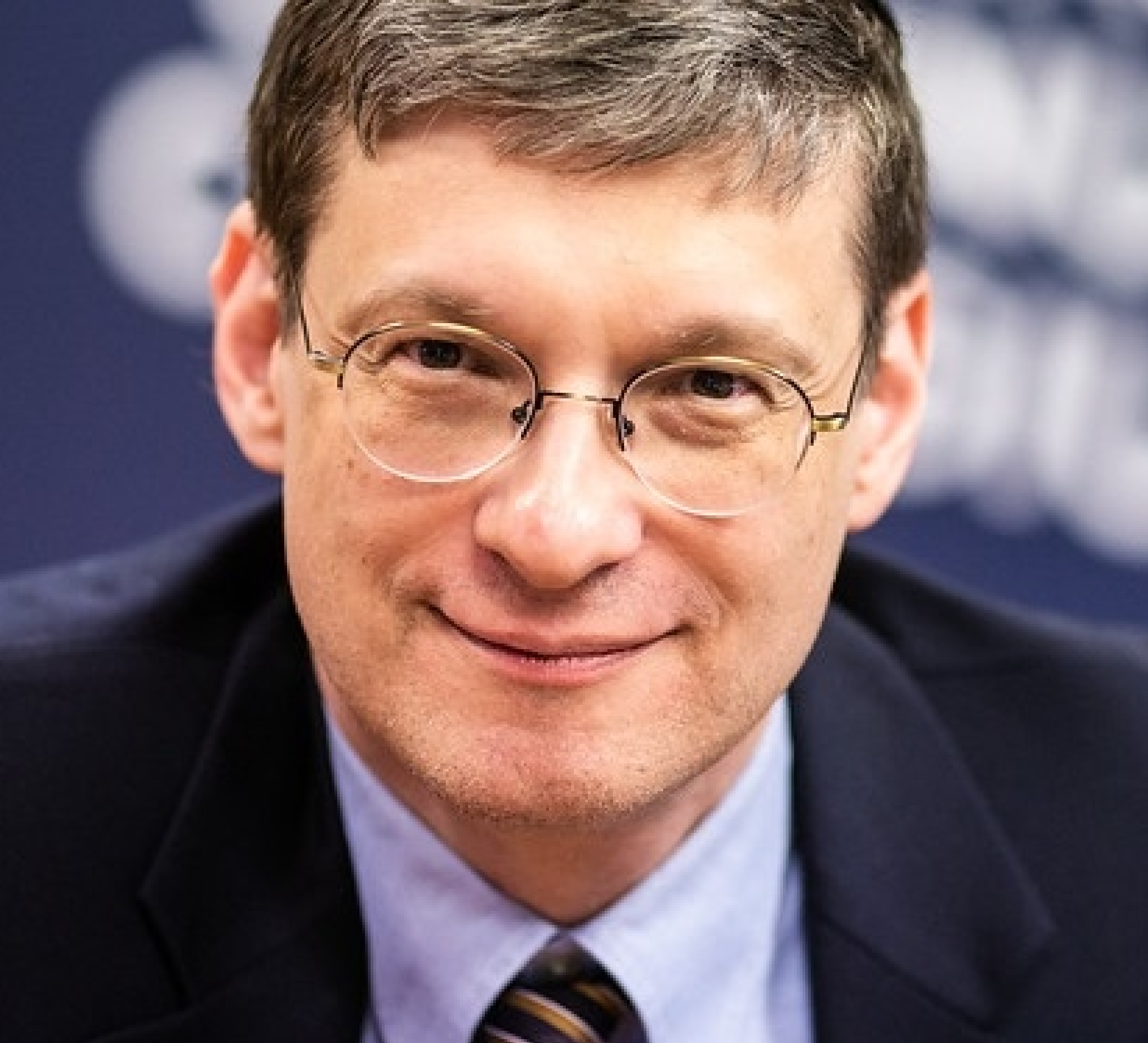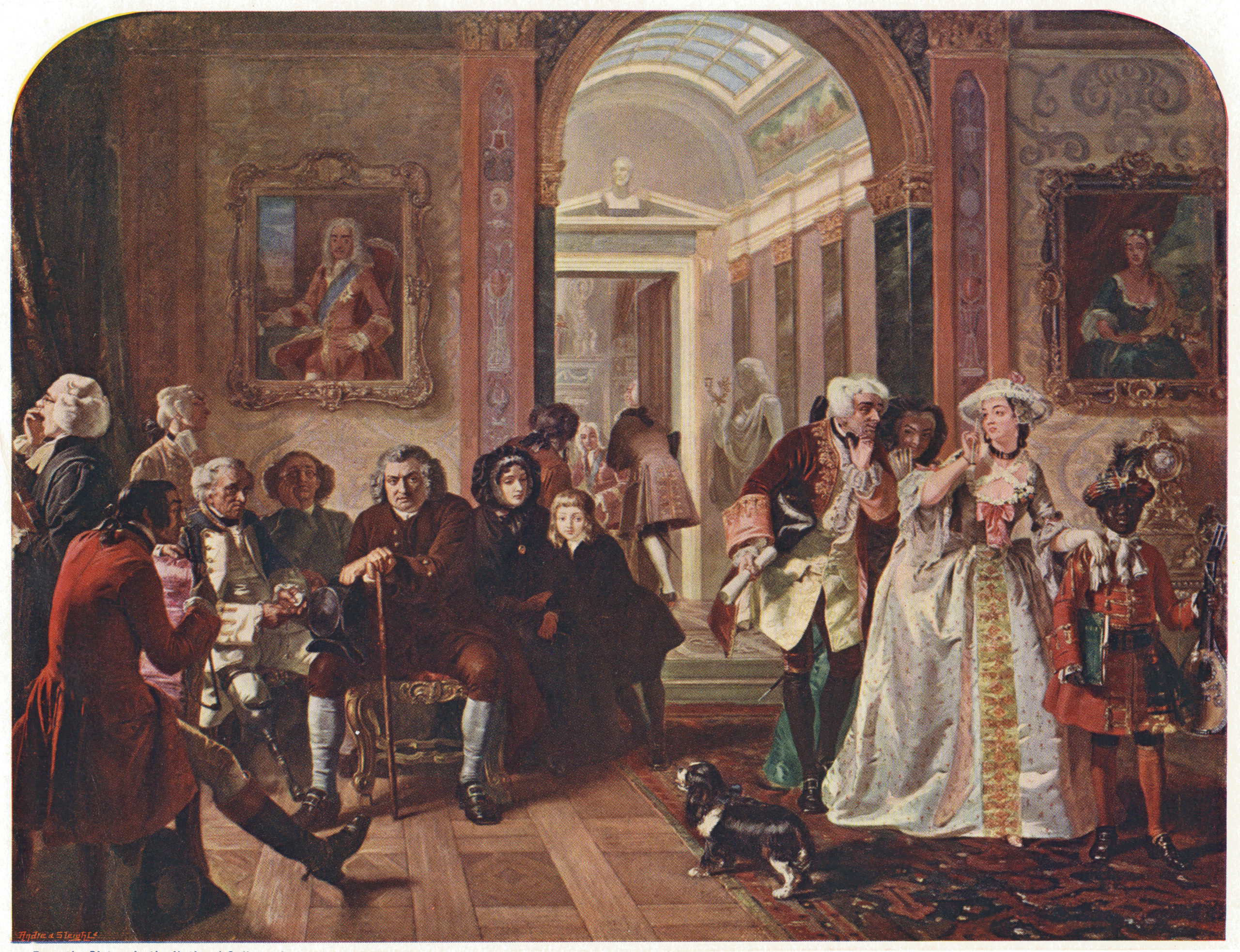

RECOMMENDED READING
In a previous post, I used the term “synthetic nationalism” to describe what is increasingly the default premise of many conservative nationalists—or, in their words, of many national conservatives. The premise is that restrictions on immigration, tariffs on foreign imports, a more restrained foreign policy, and other “nationalist” measures don’t just help America, but ultimately the world, such that our interests never conflict with global ones. Drawing on his recent remarks to American Compass, I argued that Missouri Senator Josh Hawley plays into this premise when he casts slave labor abroad as a barrier to employment at home. It’s not—and by pretending otherwise, Hawley indulges a distinctly American delusion: that our interests always correspond to our ideals.
In response, a few of my friends and former colleagues accused me of being uncharitable to the Senator. He’s a politician, not a political theorist, they pointed out—is it really fair to take him so literally? Maybe not; taking politicians at their word is generally ill-advised.
But synthetic nationalism is as much an intellectual tendency as it is a political one. And its most forceful articulation comes not from Hawley, but from the conservative impresario who invited him to speak at a conference of self-proclaimed nationalists last year.
Yoram Hazony, whose 2018 The Virtue of Nationalism the president is said to have read, claims to be a critic of classical liberalism. He prefers Burke to Locke, the concrete to the abstract, the particular to the universal. Like Hawley, he is a staunch sovereigntist, mistrustful of multilateralism and contemptuous of cosmopolitans. Unlike Hawley, however, Hazony is a philosopher rather than a Congressman, which means he should be fair game for philosophical analysis.
Such an analysis yields two surprising results: Not only is Hazony a synthetic nationalist, in the sense that he elides trade-offs between our welfare and the world’s; he is also a classical liberal—and his liberalism is more universalizing, more quixotic and ambitious, than anything his cosmopolitan opponents have dreamt up. This synthetic, classically liberal nationalism can be distilled to a single line from Hazony’s magnum opus:
[T]he world is governed best when nations are able to chart their own independent course, cultivating their own traditions and pursuing their own interests without interference.
Read that sentence again, and pay particular attention to its grammar. The subject is not the nation but the world; national independence is consigned to the dependent clause, where it functions as a means (nationalism) to an end (world harmony), which can be achieved without violating principles of sovereignty and self-determination. Hazony enjoins nations to pursue their own interests, yes … because these pursuits help everyone in the long run. While other passages in The Virtue of Nationalism suggest that the nation-state has some intrinsic value, some cultural good we should conserve, the book’s primary project is to defend nationalism as a just and stable way of governing the globe—a pathway to perpetual peace, or, if that’s too pie-in-the-sky, then at least the best of all possible words.
And what guarantees this Kantian progression? None other than the invisible hand.
By “cultivating their own traditions and pursuing their own interests”—in other words, by competing with each other—nations magically arrive at the “best” overall outcome “without interference.” This is just a scaled up schematic of free-market liberalism, repackaged as a theory of geopolitics. Instead of sovereign, self-determining individuals, you have sovereign, self-determining nations; instead of a spontaneous order held together by market interactions, you have a world order held together by multipolarity. Instead of “big government,” you have Brussels—both bloated, both bureaucratic, both bad, and both threatening to supplant the system piecemeal. Like classical liberalism, synthetic nationalism defines itself in opposition to an invidious “interference.” If people/nations are free to “chart their own independent course,” all of them will (eventually) benefit, more so than they would have under any alternative regime.
But—also like classical liberalism—Hazony’s invisible hand assumes that each agent in the system will pursue its interests and its interests only, such that system-wide benefits emerge in the absence of any supranational structure. Just how how they emerge is never explained, and the evidence for their existence is scant. Hazony dismisses apparent counterexamples—ethnic conflict in the Balkans, Russia’s 2014 invasion of Ukraine, the Scramble for Africa, World Wars I and II—as negations of nationalism insofar as they transgressed national bounds, a conceptual sleight-of-hand that approaches outright mendacity. Though he claims to be an “empiricist,” grounding his arguments in careful study of the past, Hazony’s project ultimately rests on blind, ahistorical faith, no less than the liberal triumphalism it purports to transcend.
The same cannot be said of internationalists, who posit a perfectly concrete mechanism—international institutions—to achieve their goals. These visible hands are clumsy and hamfisted; they have certainly dropped the ball more than once. But they do have the virtue of being visible and thus assessable. Hazony’s system does not.
What it does have are all the defects of classical liberalism: the utopianism, the unfalsifiability, the selfishness, and yes, even the homogenizing impulse. Just as the market presupposes a particular kind of person—rational, autonomous, egoistic—Hazony presupposes a particular kind of nation—religious, autarkic, self-interested—to the exclusion of all others. Most obviously, he excludes the United States, which has always understood itself in messainic, hyper-universalist terms. So although Hazony claims to value cultural diversity, his project assumes that every nation is (or wants to be) like Israel—and that every exception risks global unrest. If “the world is governed best when nations … pursu[e] their own interests without interference,” it is presumably governed worse when nations care about interests other than their own. Since caring about others’ interests has always been part of American messianism, it follows that our national tradition is antithetical to a well-ordered world—that in order to be who we are, we must stop being ourselves.
Like classical liberalism, then, synthetic nationalism is inherently contradictory. It prizes diversity, yet demands sameness. It claims to be empirical, yet rests on faith. It values order, yet abhors orderers. It promises benevolence, yet presumes selfishness. By its own account, it is a universal scheme for governing the world. Yet as Hazony himself suggests, universalism invites imperialism—particularly when it is not self-aware.
I don’t mind if the Right becomes more nationalistic. But I do hope it avoids The Virtue of Nationalism’s vices.
Recommended Reading
Yoram Hazony Hosts Oren Cass on NatConTalk
American Compass’s Oren Cass speaks with Yoram Hazony about economic nationalism and what a conservative economic policy should look like.
The Deliberalizing Imperative
The New Right, which stands for nothing if not resuscitating a long-moribund communitarian- and nationalism-inspired strand of conservative thought, is not per se “illiberal.”
On Buy American: Trump Should Listen to Steve Bannon, Not Steve Moore
A 2020 presidential contender unveiled a 700 billion dollar ‘Buy American’ plan today to rebuild America’s manufacturing sector devastated by the coronavirus.












